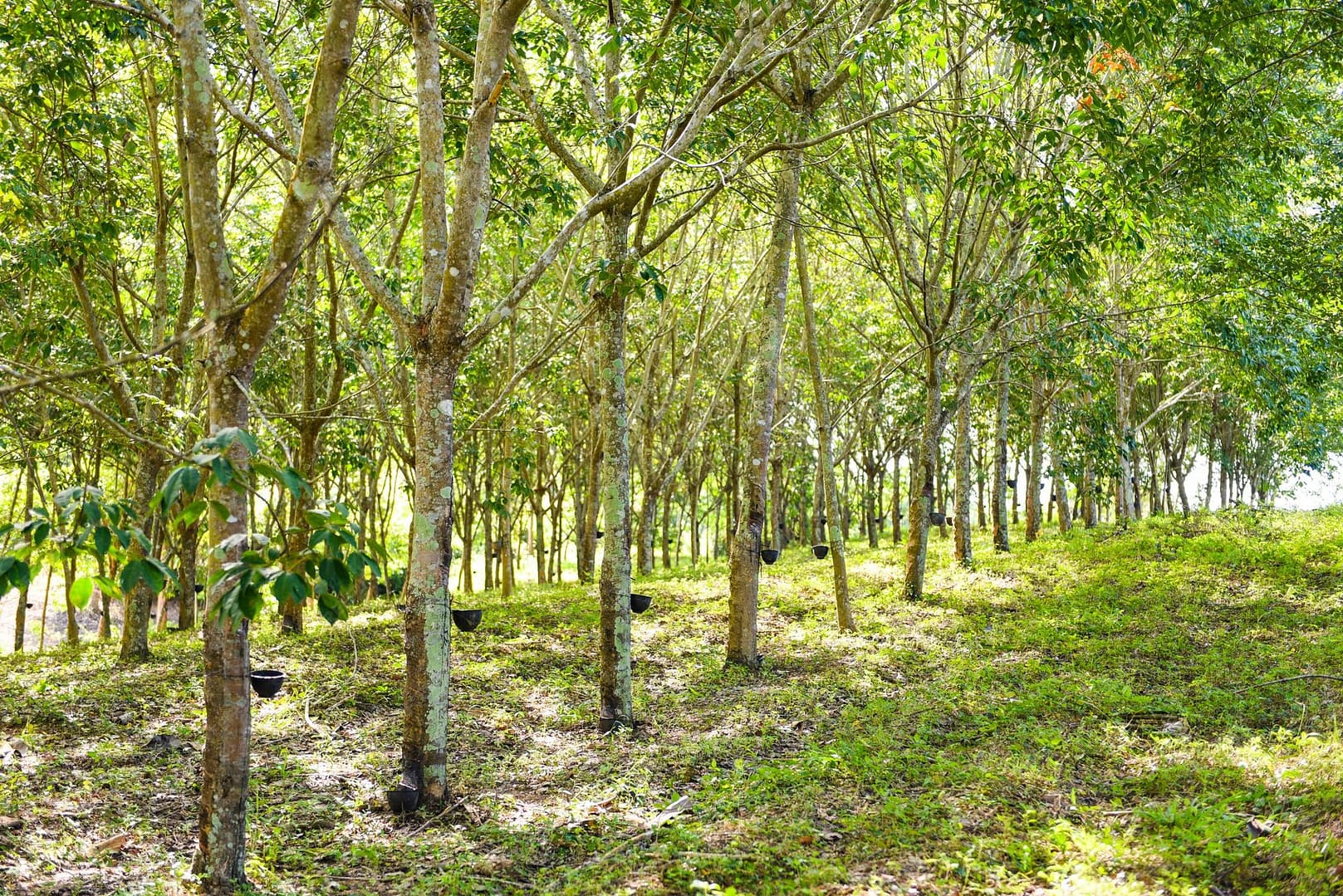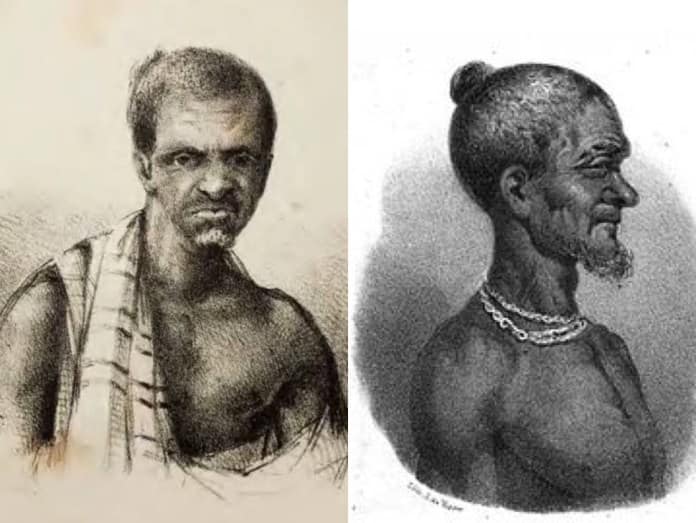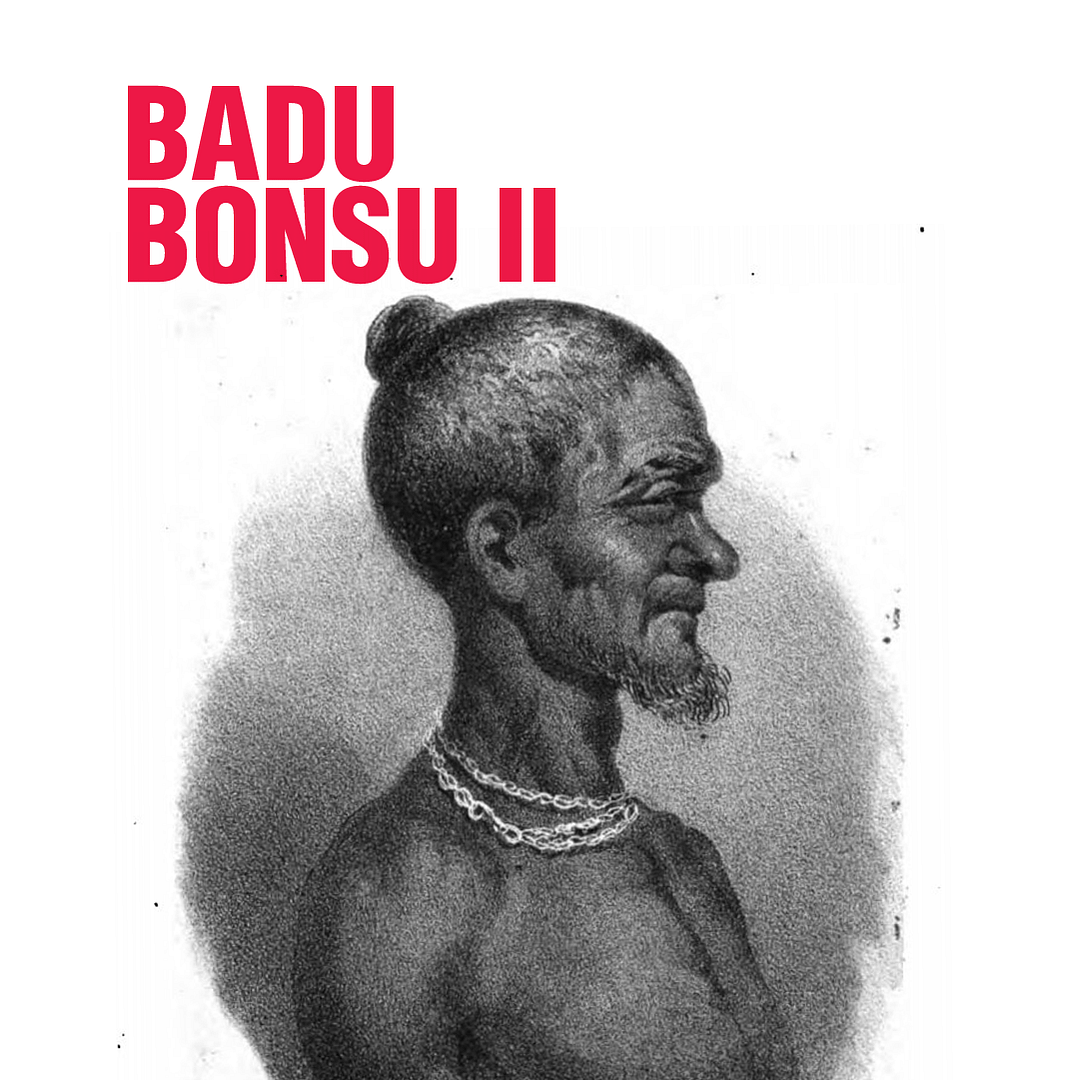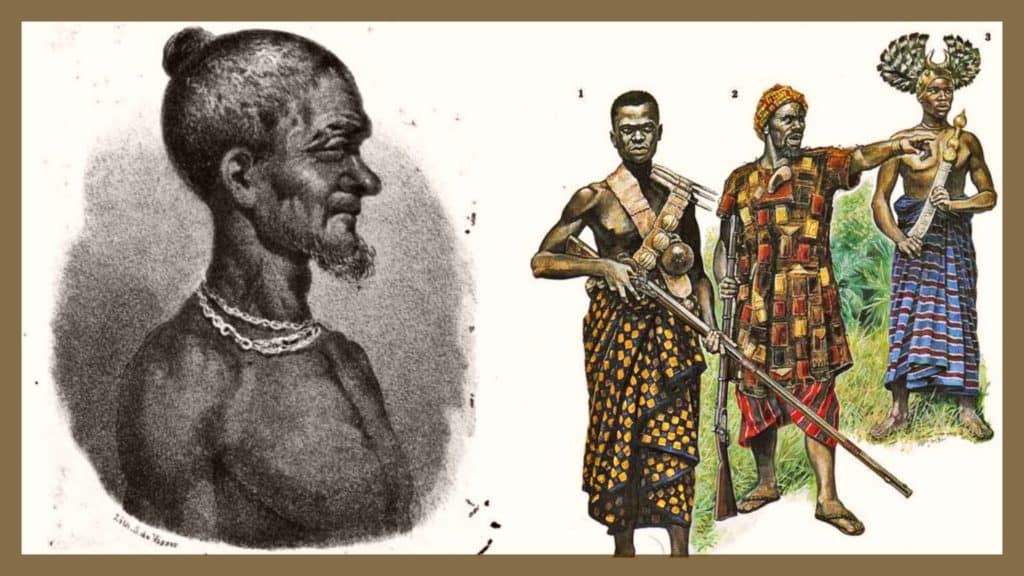
The management of Ghana Rubber Estates Limited (GREL) has expressed deep concern after nearly 2,000 rubber trees on a six-hectare plantation were destroyed by the activities of illegal miners.
The affected plantation, which forms part of GREL’s large-scale operations in the Western Region, has been reduced to patches of dug-out pits, muddy water, and abandoned mining equipment. This destruction, according to the company, is the latest in a growing wave of illegal mining activities threatening both the environment and the future of the country’s rubber industry.
Impact on GREL’s Operations
GREL, which is Ghana’s largest rubber processing factory and a major contributor to agricultural exports, relies heavily on its plantations to meet both domestic and international demand. Company officials warn that the loss of over 2,000 trees is not just a financial setback, but also a direct blow to production.
“With every tree lost, we lose years of investment and the livelihood of countless farmers who depend on this industry,” a company spokesperson noted. “The activities of illegal miners are undermining sustainable agriculture and threatening Ghana’s long-term economic stability.”
The Broader Problem of Illegal Mining (Galamsey)
The incident reflects a wider challenge posed by illegal mining—popularly known as galamsey—which has been linked to widespread deforestation, water pollution, and land degradation across Ghana. Communities near mining hotspots have raised alarms over contaminated rivers, infertile farmlands, and the destruction of cash crop plantations.
Experts warn that if left unchecked, galamsey activities could erode the country’s progress in agricultural diversification, where crops like cocoa, rubber, and oil palm play a vital role in creating jobs and generating foreign exchange.
Call for Urgent Action
GREL has called on local authorities, traditional leaders, and national security agencies to intensify efforts in protecting farmlands and plantations from encroachment. The company emphasized that protecting the agricultural sector requires collective responsibility and stronger enforcement of laws.
“This is not just about GREL,” management stressed. “It is about preserving Ghana’s natural resources and ensuring that future generations can benefit from them. If rubber plantations, cocoa farms, and forest reserves continue to fall victim to illegal mining, the consequences will be devastating for our economy and environment.”
A Threat to Livelihoods
Beyond the company’s operations, the destruction of rubber plantations also affects thousands of out-grower farmers who supply GREL with raw materials. For many of these farmers, rubber tapping is their primary source of income, and the encroachment of illegal miners represents a direct threat to their survival.
Community members have also expressed frustration, noting that illegal mining not only destroys trees but also leaves behind hazardous pits that endanger lives, particularly children who often play near abandoned sites.
Conclusion
The destruction of 2,000 rubber trees at GREL is a stark reminder of the ongoing tension between illegal mining and sustainable agriculture. While Ghana’s rubber industry continues to hold immense potential, it faces growing risks from unchecked mining activities. For now, the call is loud and clear: stronger collaboration is urgently needed to protect the nation’s farms, forests, and future.
DISCLAIMER: The Views, Comments, Opinions, Contributions and Statements made by Readers and Contributors on this platform do not necessarily represent the views or policy of ahantawest.com








